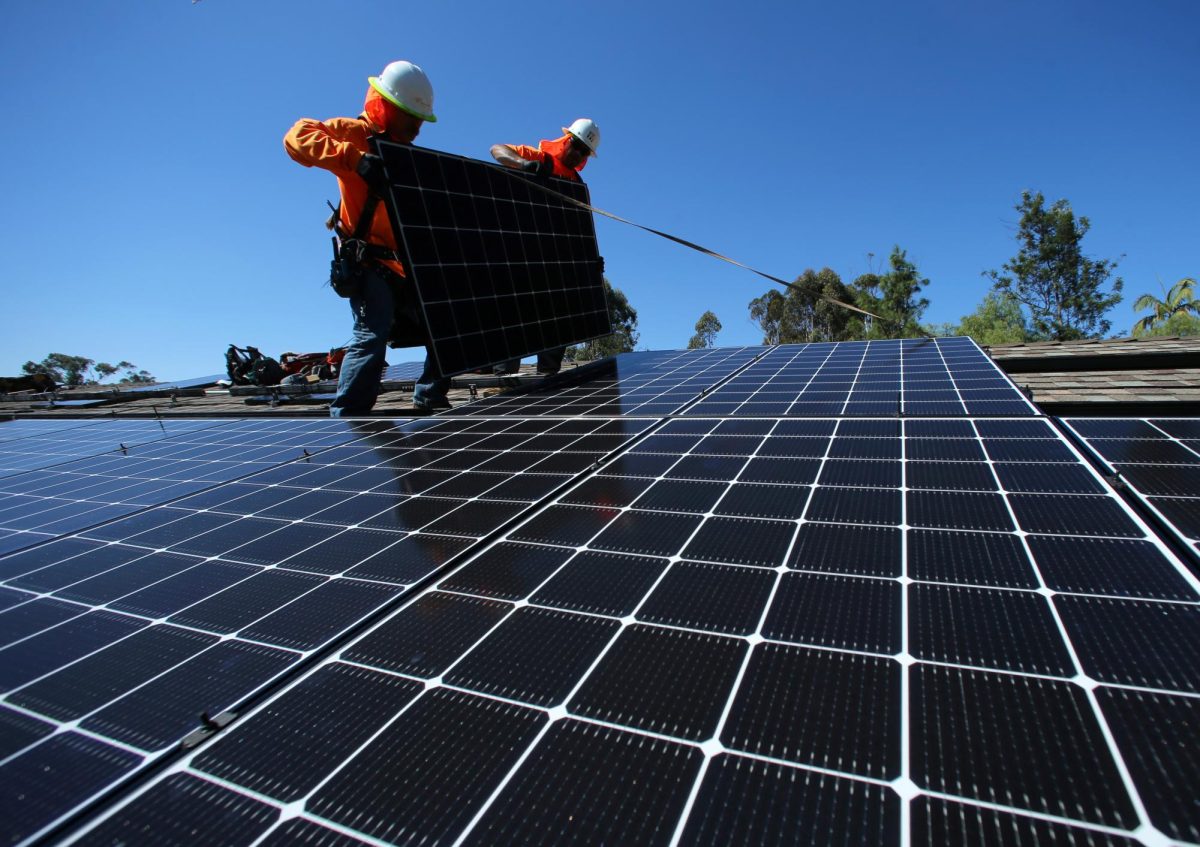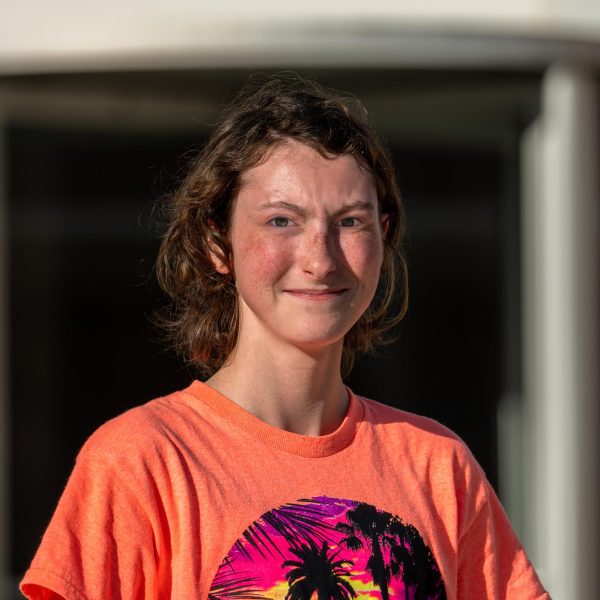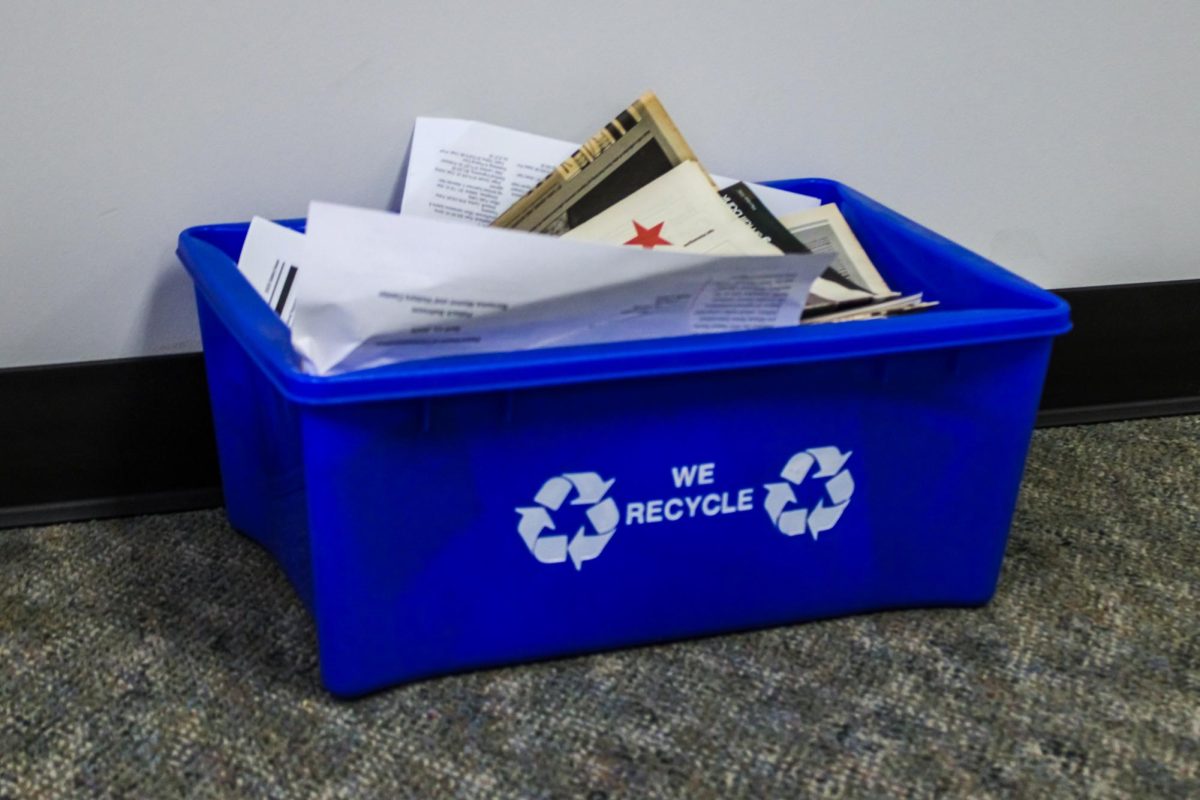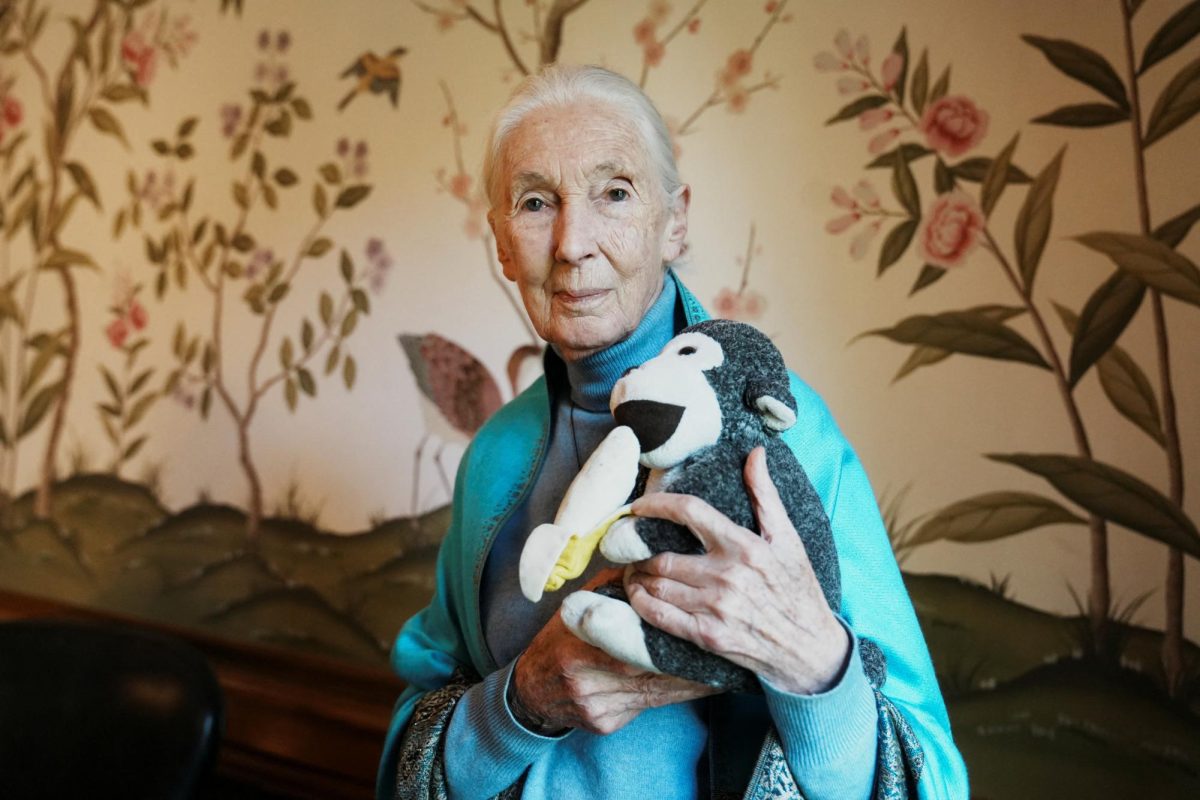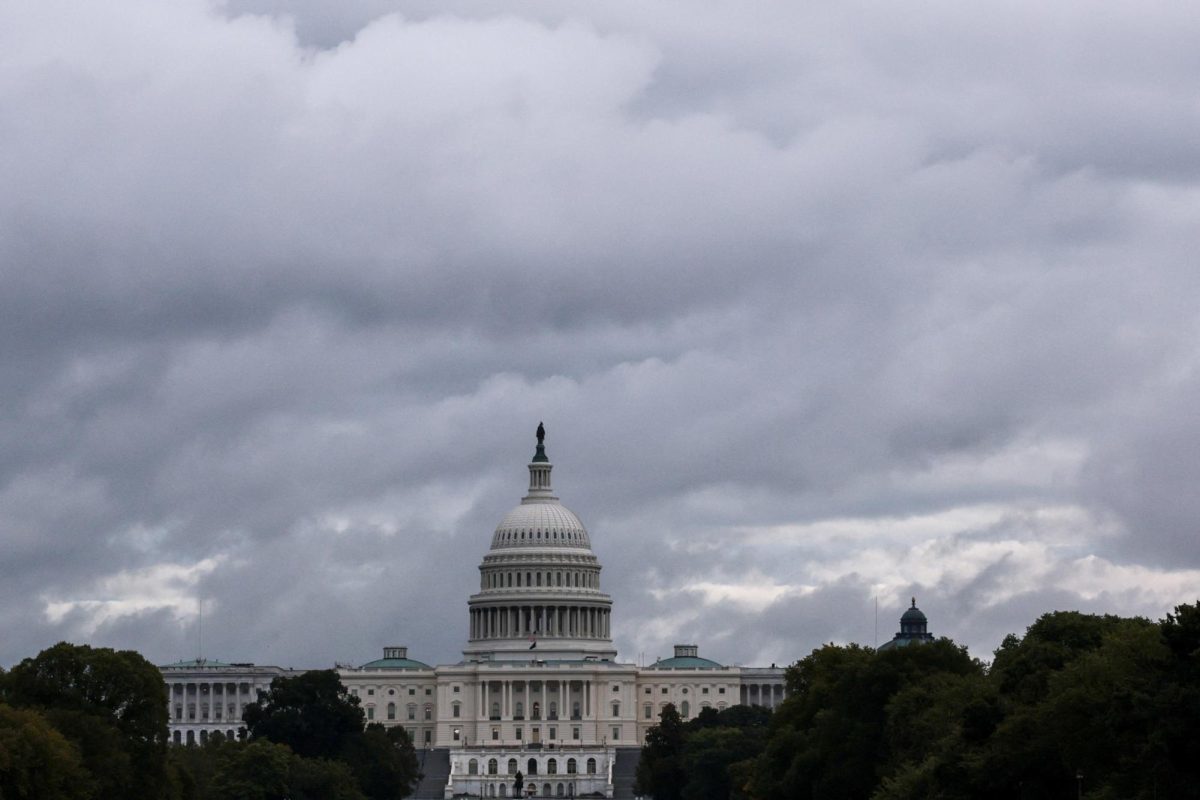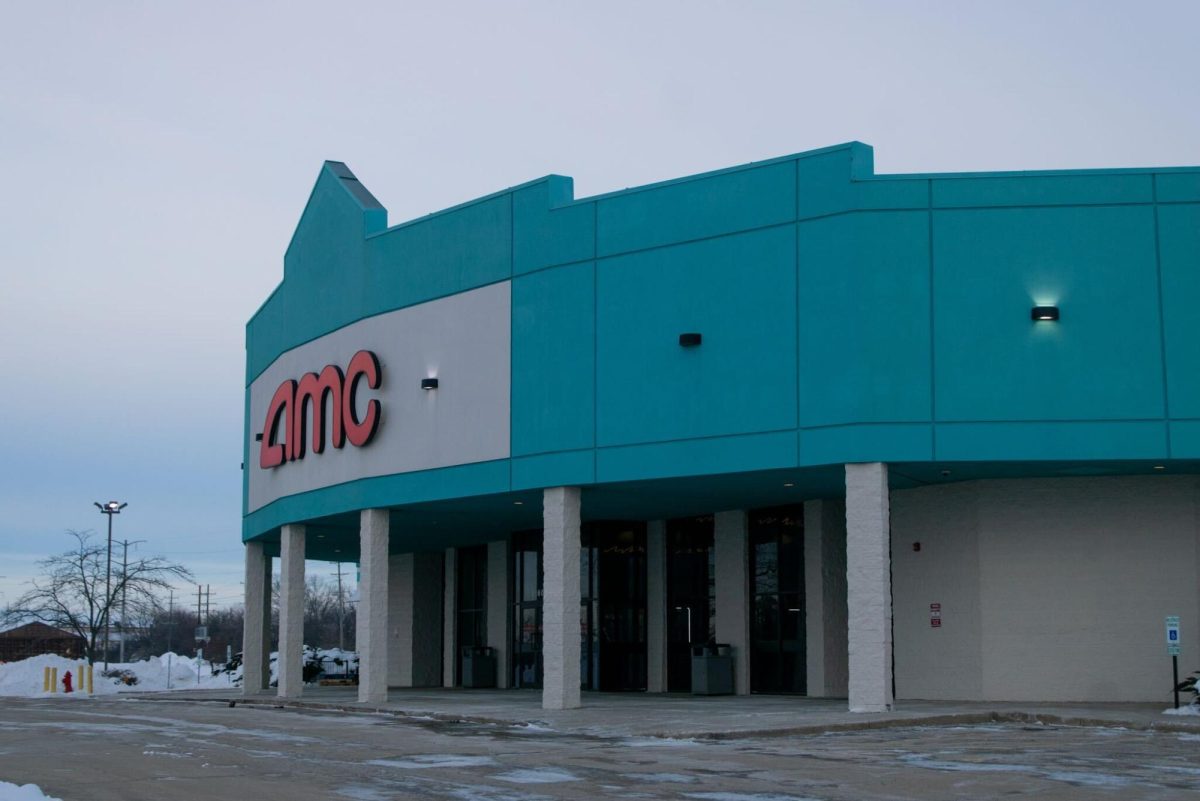On Sept. 8, a proposed solar energy system on Peace Road between Greenwood Acres Drive and Challenger Drive was rejected by the DeKalb City Council. The overall consensus was that people living in that area were worried about the increased cost of electricity and the decrease in property value.
The concerns over the construction of this solar farm are understandable, especially with the current state of the economy. However, the long-term advantages of implementing a solar farm outweigh the short-term disadvantages it will bring.
The biggest advantage of building this solar farm is clean energy. Climate change and global warming are big concerns in the world right now, causing ocean levels to rise, habitats to be destroyed and countries to be flooded due to the increased use of fossil fuels. Implementing the use of solar power eliminates the need to use fossil fuels to produce electricity, which, over time, can lead to a healthier environment.
Another advantage of solar energy is actually a decrease in the cost of utilities. Despite the high cost to install panels, the overall savings solar power generates have been as high as 62% in just under a decade. While it may be difficult to wait that long to receive any return in investment, the other benefits that solar power creates makes it worth it.
Solar energy is also very reliable. During the winter, storms and other natural disasters, solar panels are still able to receive solar power, and create energy. In fact, solar panels are actually more effective during winter. Costs of electricity and heat during winter can be extremely high and solar panels not only decrease that cost, but do so in a more efficient way.
Rejecting the plan of installing a solar farm in DeKalb altogether is a huge oversight by the DeKalb City Council. At the very least, if residents didn’t like the area where it would be installed, they should propose another place to install it.
Dawn Lisa, a resident of DeKalb, understands the concerns that residents have about the solar farm decreasing property value, but also supports the idea of implementing one in a different area.
“I think they should not shelve the idea completely and think about maybe a different area,” Lisa said. “I mean, especially if it’s going to help energy efficiency and help businesses and residences out and things like that.”
Interestingly, solar farms have been shown to benefit farmers as well. Farmers who have solar farms generally have greater crop yield than those who don’t. Solar panels don’t disrupt the ecosystem of farmland, but rather maintain the quality of farmland and contribute to biodiversity. If the initially proposed area for the solar farm doesn’t work out, then there are plenty of other spaces and patches of farmland that can be used to install the solar farm without causing any issues to the land.
The environment is struggling because of the things we’ve done to destroy it. The least we can do is figure out how to stop destroying the environment. Solar power is one of those ways, and it shouldn’t be rejected for reasons such as property value and cost of electricity. It has long-term benefits that can provide to both the environment and the human race as a whole.


